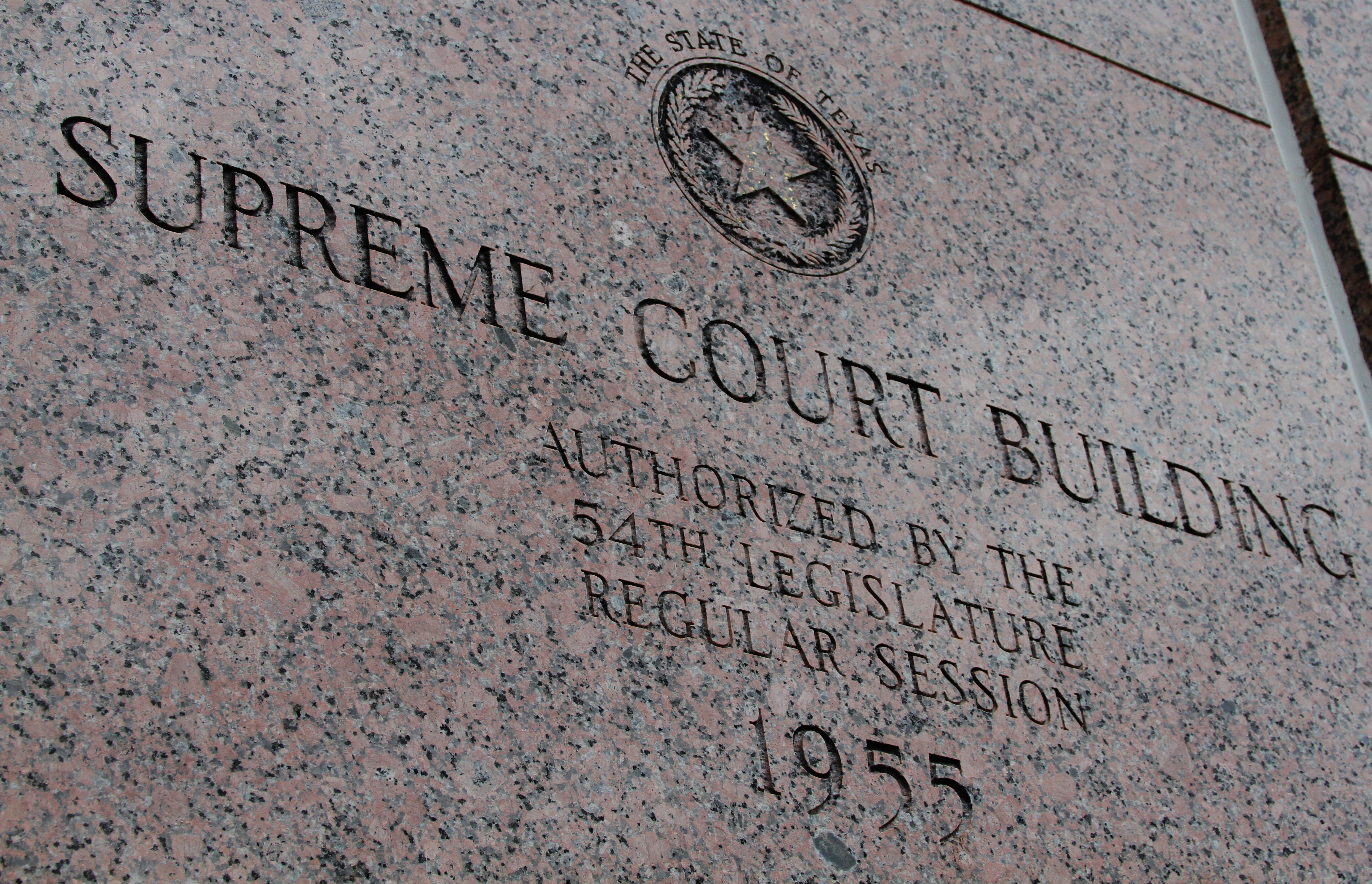In re Mem’l Hermann Hosp. Sys.
No. 14-0171
Case Summary written by Allison Grayson, Online Edition Editor.
JUSTICE WILLETT delivered the opinion of the Court.
Doctor Miguel Gomez filed suit against “Memorial Hermann Hospital System, Memorial Hermann Physician Network, Michael P. Macris, M.D., Michael P. Macris, M.D., P.A., and Keith Alexander” (the defendants) for “business disparagement, defamation, tortious interference with prospective business relations, and improper restraint of trade under the Texas Free Enterprise and Antitrust Act of 1983” (TFEAA).
Dr. Gomez practiced cardiothoracic surgery at Memorial Hermann Memorial City Medical Center from 1998 through 2012. Dr. Gomez became known for his use of robotic heart surgery in the Houston medical community. Moreover, Memorial City “invested in a million dollar ‘DA VINCI’ machine, and spent significant advertising dollars promoting the robotic-assisted surgical procedures.”
When a new hospital began the process of opening in the area, Dr. Gomez was one of the first surgeons to agree to practice at the new facility. In response, Memorial City began a “whisper campaign” to discredit his use of robotic heart surgery. Further, at a meeting on November 1, 2011, Dr. Macris utilized false data to show that Dr. Gomez’s practice resulted in higher mortality rates. Dr. Gomez then noticed his credibility “as one of the most sought-after surgeons” decline.
After filing suit, Dr. Gomez sought the production of certain documents, but Memorial Hermann argued that the documents were protected under “the medical committee privilege and the medical peer review committee privilege.” After in camera inspection, “the trial court ordered Memorial Hermann to produce certain documents.” The court of appeals denied Memorial Hermann’s writ of mandamus petition, which it appealed to this Court.
In this instance, the Court determined that the trial court did not abuse its discretion when it held that “the ‘anticompetitive action’ exception to the medical peer review committee privilege applied.” Further, the Court explained that passing a document to a peer review committee for review does not make the document privileged. While communications to and from a review committee are generally not admissible, in certain circumstances, the information would not be subject to the privilege because it is not confidential.
Adding to its explanation, the Court stated that it held “that the exception to the medical peer review committee privilege for anticompetitive actions applies when the plaintiff asserts a cause of action that requires proof that the conduct at issue has ‘a tendency to reduce or eliminate competition’ that is not offset by countervailing procompetitive justifications.”
Moreover, the Court determined that Dr. Gomez was required only to plead, not present evidence of the anticompetitive action. Had the Legislature wanted to require an evidentiary burden, it would have included language showing that it intended such a requirement.
In this instance, the Court explained that Dr. Gomez sufficiently alleged “an injury to competition under the TFEAA.” Additionally, the Court determined that Dr. Gomez sufficiently plead viable markets. Therefore, the Court held that Dr. Gomez presented multiple viable anticompetitive actions in his petition.
Speaking to the documents in question, the Court determined that many of the documents were relevant to the case because they discussed Memorial Hermann’s plans and showed potential declines in Dr. Gomez’s referral rates. While the Court determined that many of the documents were relevant, the Court still argued that documents having nothing to do with making Dr. Gomez’s allegation more or less probable were protected under the medical peer review committee privilege.
The Court also mentioned that because Memorial Hermann described the relevant committees as medical peer review committees, “the documents at issue [could not] be considered confidential under section 161.032(a) of the Health and Safety Code without ignoring section 160.007 of the Occupations Code.” Explaining the importance of this idea, the Court stated that documents could not be both confidential and not confidential. Therefore, the Court held that “the records and proceedings of a dual medical committee and medical peer review committee do not enjoy any greater confidentiality under section 161.032(a) than they do under section 160. 007(b).”
The Court held “that the trial court abused its discretion in ordering Memorial Hermann to produce” certain pages of the sealed record. Therefore, the court conditionally granted Memorial Hermann’s writ of mandamus. In granting the writ of mandamus, the Court directed “the trial court to modify its discovery order insofar as the order compelled production of those documents.” Turning to the other documents, the Court denied Memorial Hermann’s petition for writ of mandamus.


